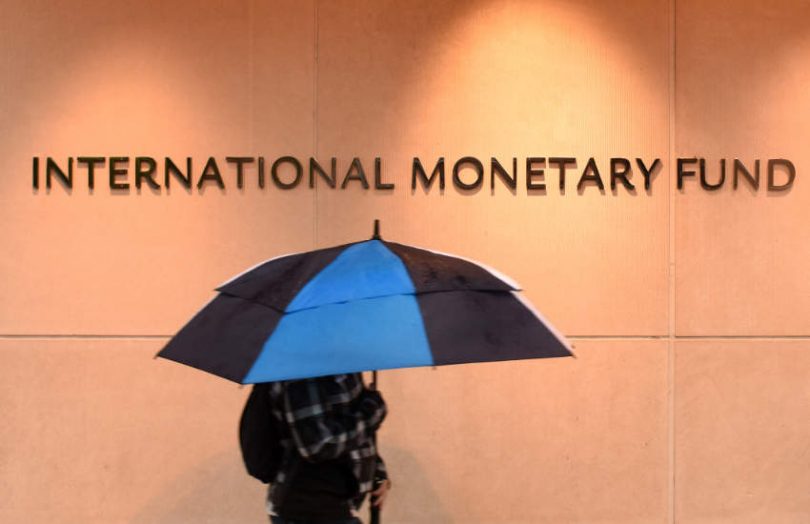Yesterday the International Monetary Fund published a paper exploring how emerging economies have capital controls and crypto-assets are a way to get around these. According to the report, “Capital Flow Management Measures in the Digital Age”, in 2019, 90% of IMF member countries had some kind of restriction preventing the free flow of funds across borders.
While most of the restrictions are not substantial, 21 countries had extensive capital flow restrictions. And they are all emerging or developing economies.
Not mentioned in the report is the cryptocurrency crowd’s argument that if countries managed their economies more effectively, then people wouldn’t want to switch out of the local currency or take their money abroad. Capital controls can result in citizens suffering a financial loss – through no fault of their own – as the local currency devalues. Some cryptocurrency startups have targeted countries with weak currencies precisely because their citizens are looking to put their money in assets other than the local currency.
From the IMF’s perspective, it lends funds to help countries stabilize their economies. And one of the tools for a country is to encourage people to invest locally and make it harder for people to send their funds abroad. A flood of funds leaving a local economy can create financial stability risks. However, the IMF doesn’t generally recommend long term capital restrictions.
By using crypto-assets, people can often circumvent capital controls and transfer funds abroad.
The IMF identifies three reasons for this:
- in many countries, the legal status of crypto-assets is ambiguous
- because it’s harder to identify a cryptocurrency owner, their residency may be unknown, so restrictions won’t be implemented
- it’s possible for cryptocurrency transfers to circumvent intermediaries.
On the last point, someone might transfer money from a bank account to a crypto exchange and from there to a self-hosted wallet. At that point, the tokens can be sent anywhere.
The IMF’s suggestions are to clarify the legal status of crypto-assets, and provide guidance to financial institutions. However, many crypto exchanges are in regulatory friendly jurisdictions, making it trickier to impose controls. Several regulatory steps are proposed, including entering bilateral agreements with other jurisdictions to help impose restrictions. It also recommends using RegTech and SupTech solutions.
In October last year, the IMF global financial stability report, crypto-assets had its own chapter. The Fund stated that cryptocurrencies were not yet systemic but had “growing systemic implications”.






